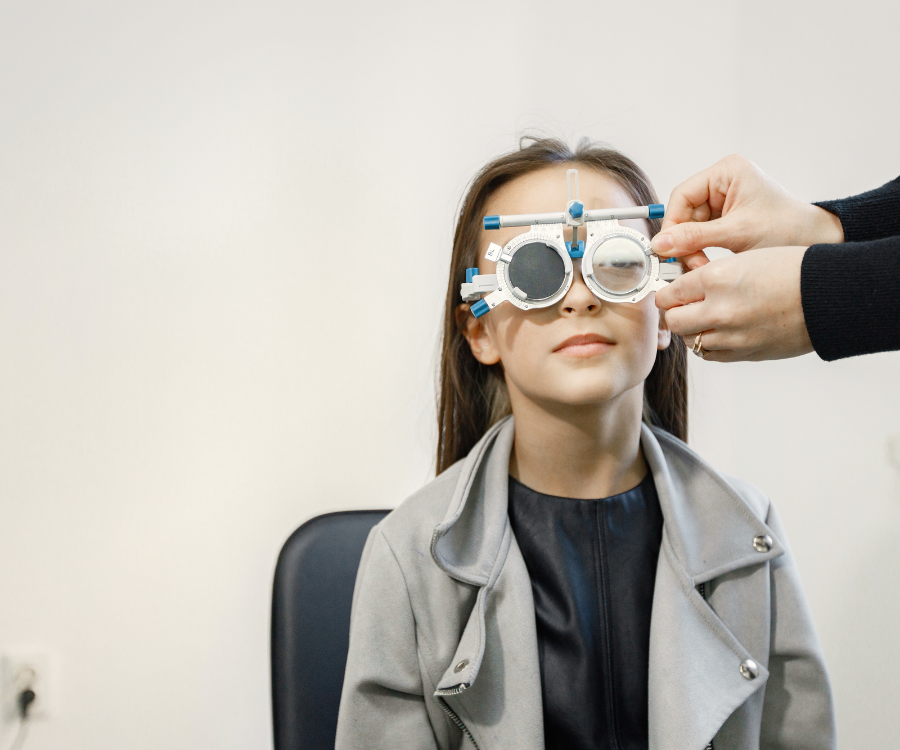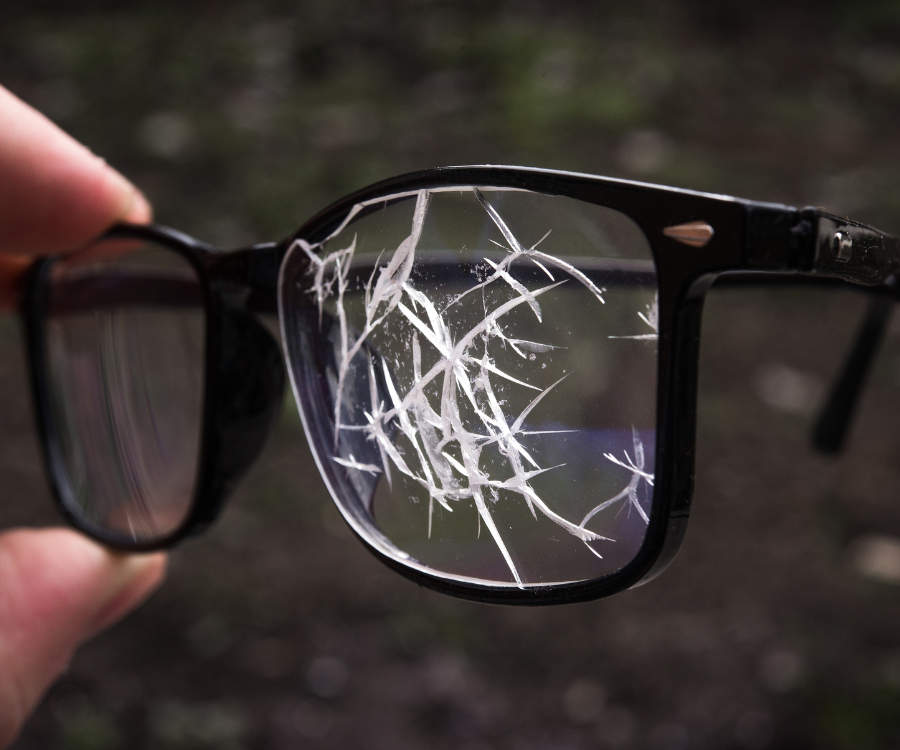Catch Some Zzz’s for Clearer Peeps: How Sleep Benefits Your Eyes
We all know sleep is essential for overall health and well-being. But did you know that catching some shut-eye is also crucial for keeping your eyes bright and healthy? That’s right, sleep is like a mini spa treatment for your vision, offering a multitude of benefits beyond simply feeling refreshed.
Rest and Repair:
While we slumber, our bodies enter a restorative state, and our eyes are no exception. During sleep:
- Increased Blood Flow: Blood flow to the eyes increases, delivering vital nutrients and oxygen to repair and rejuvenate cells. This helps your eyes recover from the strain of daily activities like screen time and exposure to bright light.
- Tear Production: Sleep triggers the production of tears, which keep your eyes hydrated and lubricated. This prevents dryness and irritation, common culprits of blurry vision and discomfort.
- Cellular Regeneration: The restorative processes during sleep also promote the regeneration of cells in the retina, the part of the eye responsible for vision. This helps maintain optimal eye function and protects against age-related macular degeneration.
Beyond Beauty Sleep:
The benefits of sleep for your eyes extend far beyond just looking well-rested. Adequate sleep can also:
- Reduce Eye Strain: Sleep deprivation can exacerbate eye strain, leading to headaches, blurry vision, and difficulty focusing. A good night’s sleep can help alleviate these symptoms and keep your eyes feeling fresh.
- Boost Immunity: Sleep plays a vital role in boosting your immune system, which can help ward off infections and inflammatory conditions that can affect your eyes.
- Reduce Glaucoma Risk: Studies suggest that adequate sleep may help regulate intraocular pressure, a key factor in glaucoma, a serious eye disease.
How Much Sleep Do Your Eyes Need?
Most adults need around 7-8 hours of sleep per night to function optimally. For your eyes, this is no different. Aim for consistent sleep schedules and prioritize quality sleep by creating a relaxing bedtime routine and minimizing distractions like screens before bed.
Sweet Dreams for Healthy Eyes:
So, the next time you’re tempted to skip out on sleep, remember that your eyes are counting on those precious Zzz’s. Prioritize a good night’s rest, and you’ll be rewarded with bright, healthy eyes that are ready to take on the day.
Bonus Tips for Eye-Friendly Sleep:
- Invest in blackout curtains: Blocking out light can help improve sleep quality and prevent eye strain from waking up to sunlight.
- Avoid screens before bed: The blue light emitted from electronic devices can suppress melatonin production and interfere with sleep. Wind down with a book or calming activity instead.
- Maintain a cool bedroom temperature: A cooler environment can promote deeper sleep and prevent sweaty eyes.
- Practice relaxation techniques: Techniques like deep breathing or meditation can help calm your mind and prepare your body for sleep.
By taking care of your sleep, you’re taking care of your eyes and your overall health. Sweet dreams and clear vision!




